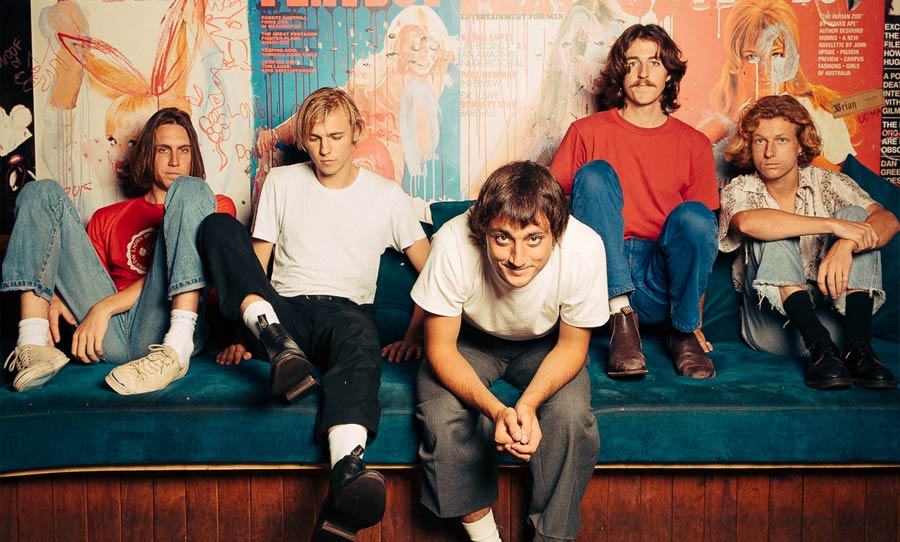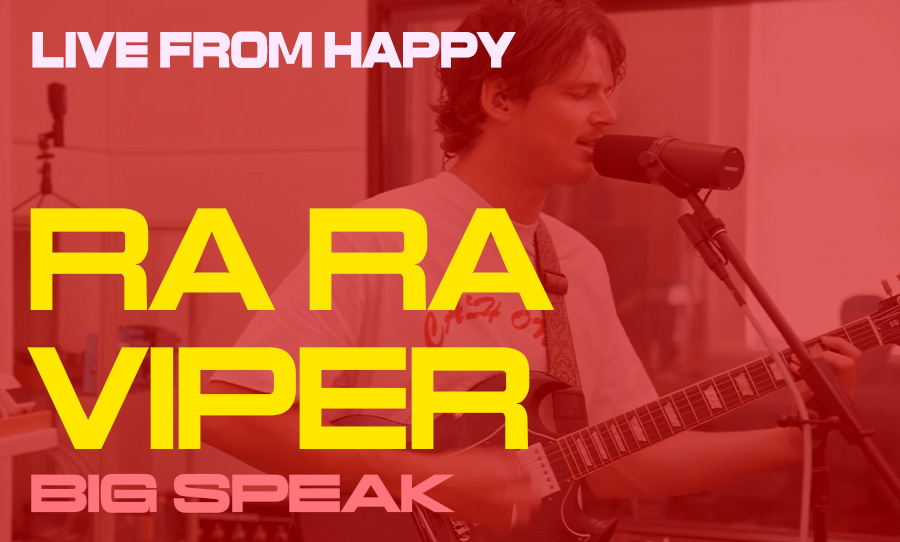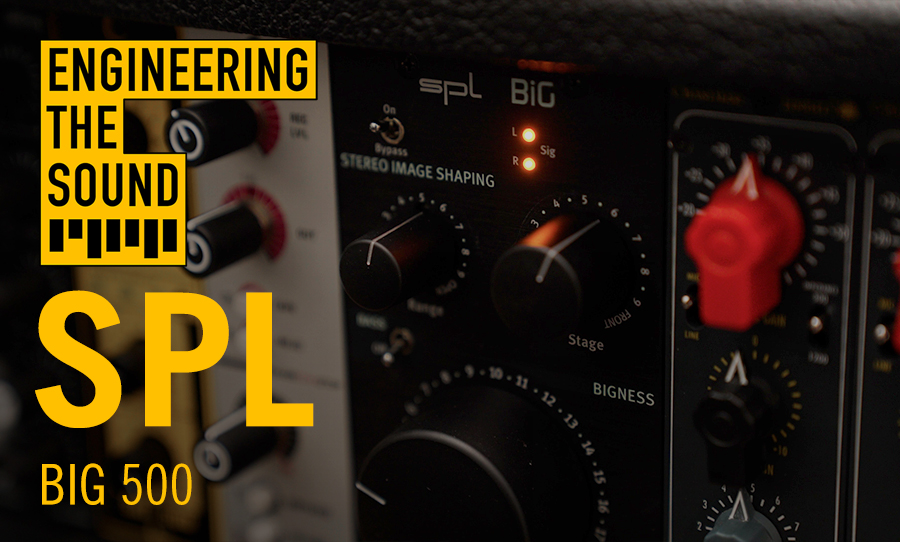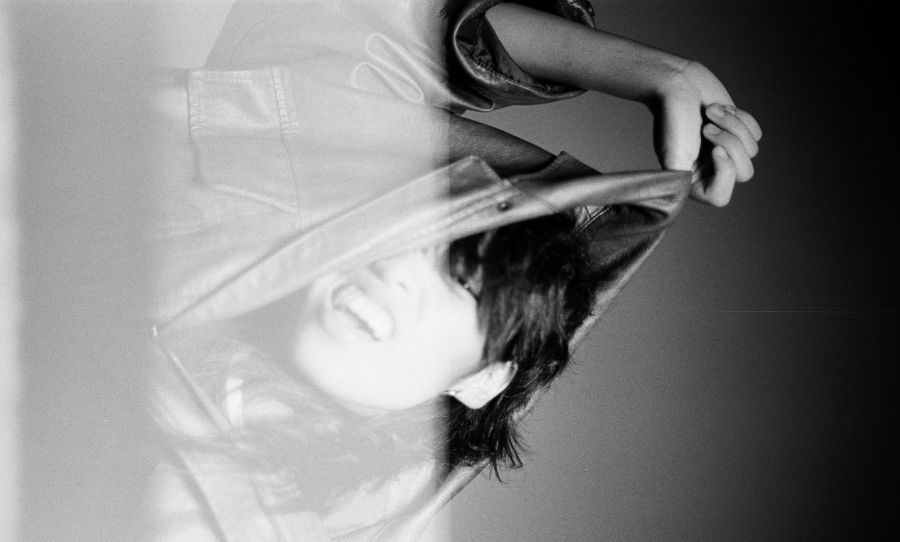Taking a rare opportunity to speak with Parcels in Australia, we found out everything we could about Byron Bay’s glossiest music export.
When you think of Berlin, you think house or techno. You think raves still blasting at 11am, rife with leather-bound, strong-jawed patrons and enough collective sweat to fill a commercial swimming pool. What you don’t picture is Parcels, a five-piece band originally from Byron Bay producing some of the slinkiest music to ever come out of Australia.
But that may change soon. 2018 saw Parcels tease and eventually release their self-titled debut LP to mass acclaim, slingshotting the band across the world from their home base in Germany. With that record now in their back pocket, the boys from Byron still have Coachella, Lolapalooza, and a host of similarly massive appearances to look forward to.
While they ducked into Sydney as part of said tour, we sat down in The Lansdowne Hotel for a chat with Louie, Patrick and Jules while Noah and Toto played pool. Topics included Dean Dawson (the man speaking on their debut album’s ‘credits’), the secret to their single-word song titles, and the wonderful problem of crowds screaming so loud you can’t hear yourself play.
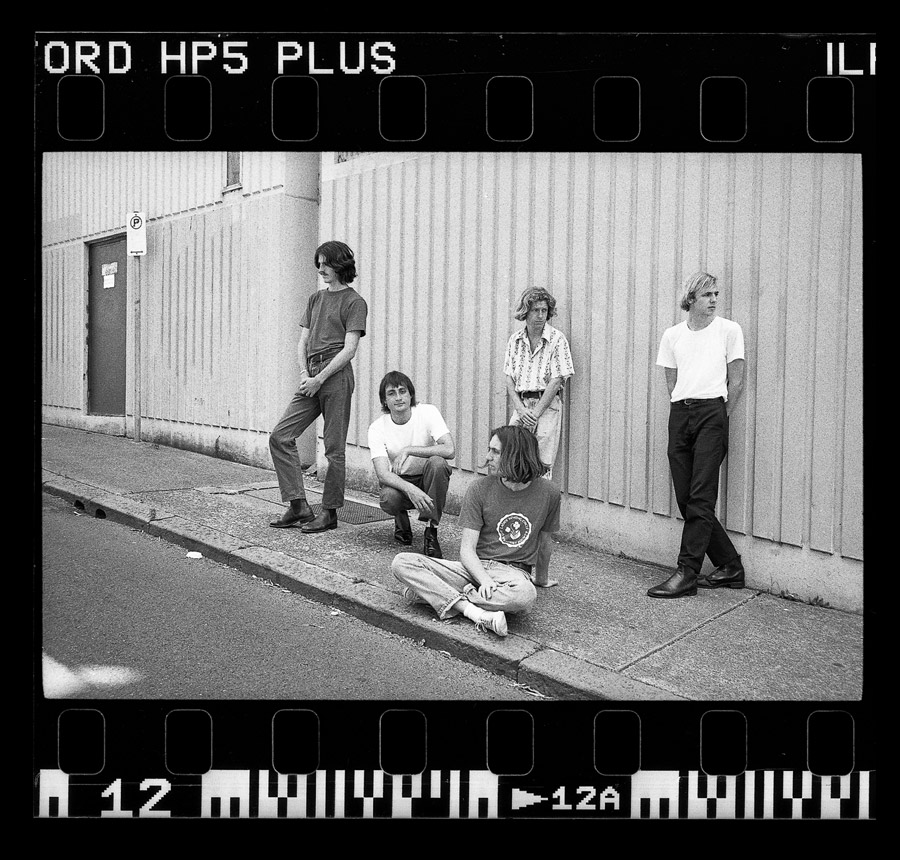
HAPPY: I’m told the Sydney crowd was… loud. Did you expect that kind of reception, coming back home?
JULES: Well what I recall of last time we played in Sydney, it was really loud and a super amazing crowd too. But at the same time I didn’t expect what we had that night, it was just so magic. It was really insane, it was just one of the most incredible shows we’ve ever played.
HAPPY: I had a friend there, he said it felt like it was almost distracting you from the show, you could barely banter because it was that loud.
JULES: I love that, it’s so cool just having to not say anything you know? We couldn’t say anything anyway… and that’s not the point of the night at all.
PATRICK: Sometimes the sound would be a bit weird and I’d be worried about singing out of tune, so I’d pull out my in-ears and the crowd was just singing so loud I was like, ‘oh, they’re louder than us’.
LOUIE: I figured that out kind of early, and then I just had so much fun.
HAPPY: Were the other cities similar?
JULES: Surprisingly, yeah. Brisbane was really really good. We played two shows in Melbourne; the first was much more relaxed, it was a Monday night and apparently the Melbourne crowd are more chill. But then that opinion changed because the second night was just huge again. Just incredible.
LOUIE: Australian crowds are great, they’re just so much fun.
HAPPY: As I understand it, you guys left Australia years ago because it felt like a boxed in scene, and there’s a lot of people who think that. Has your opinion changed, having been back here for a good month?
JULES: I wouldn’t say it’s boxed in, it’s just difficult to get going because I guess you need a good foundation. You need a lot of money to travel around and do it, there’s just so much more opportunities for bands overseas starting out. Also it was just exciting, it was an exciting idea.
PATRICK: That was the main idea, we weren’t feeling angry at the Australian scene, we just wanted to do something new and exciting. We were a band for six months before we left, so we didn’t really have a chance…
LOUIE: We didn’t really try to crack Australia at all.
PATRICK: Yeah, we really just left.
HAPPY: It is really tough to crack Australia but so few people actually make the jump overseas. What do you think are holding other artists back?
JULES: Commitments, always. Well, maybe not always. The fortunate thing for us was that we didn’t really think about it.
LOUIE: Yeah, I think if you thought about it for any longer than we did, you’d find a reason to stop. Because relocating overseas isn’t something you just do without thinking about it… unless you’re young and silly like us.
PATRICK: We weren’t established, we weren’t locked into anything. We just finished school and it was easy.
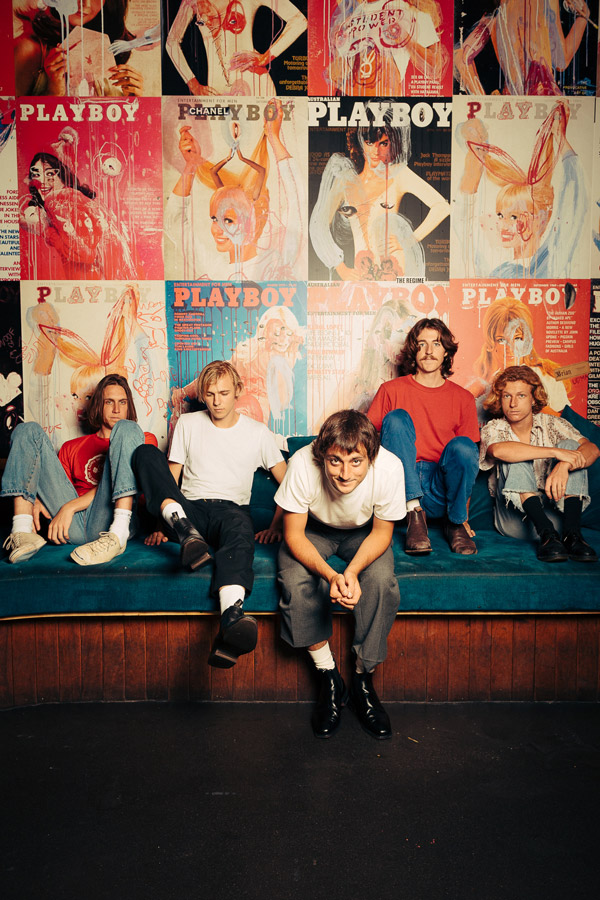
HAPPY: Cool. I wanted to ask how you linked up with Dean Dawson. I checked out a few of his old tracks… Spezializtz!
LOUIE: I don’t know if anyone else has gone down that path.
JULES: I hope so, because it’s a great path. I’d like to ask you a question! What did you think? When you finally listened to his music.
HAPPY: I didn’t know what to expect. I had to go through a few layers of Spotify pages, then a Wikipedia page, then I found these big hip hop tracks from Germany in the ‘90s. I really liked it. I always love hearing rap in other languages.
JULES: (Laughs) Well, he was just in the studio, there was this common kitchen room and he was the manager of this rap group. He’s just got this incredible voice, he would come into the kitchen and I don’t know, say shit.
PATRICK: Just fill the entire room with his presence.
JULES: He couldn’t go into a room without just dominating it. So we had this groove and we got excited one late night and thought ‘oh, it would be cool to get a rapper’. We were listening and I think just saying names over the top, he was there, and it just came together.
HAPPY: Was Berlin a bit like that? This place where you can just run into people who have a great history in the music scene?
LOUIE: Not often.
JULES: I mean he’s a pretty left-of-centre person to meet, that’s the point for us. I guess there is a scene… the club scene, you would meet people there.
PATRICK: I guess it’s quite a closed-off city in that way, compared to many. Everyone’s kind of on their own trip, doing their own stuff for the most part, and there’s a very individual culture around music. Especially with this club scene and everything.
JULES: A lot of people go in and out of Berlin, not many people stay more than two or three years, which is really interesting.
HAPPY: How did a band doing your thing fit in to that club scene?
JULES: Well that was just an ignorance of ours because we heard that there was electronic music in Berlin…
LOUIE: We thought that we were making electronic music, but we’re not.
PATRICK: Yeah, we’re not. Not like that.
LOUIE: It’s got a very specific meaning over there. There’s kind of one way to do it.
JULES: I think we were kind of kidding ourselves, like ‘oh we can’t find any disco nights’.
LOUIE: We definitely don’t fit into that electronic scene at all. It seems like there’s a few live bands coming up, there’s a bit more of a scene there now.
PATRICK: Everybody goes there at some point, that’s what’s cool about it.
HAPPY: Despite not fitting into the mould, did it feel like a place that was generally an accepting community for musicians and artists?
LOUIE: It’s easy for artists to live there, which is why heaps do.
JULES: But again, it’s kind of tough. I think a lot of it was luck for us, to get going there, and we definitely had a few hard months of no gigs and really questioned if we were going to make it through.
LOUIE: It’s not like we played much in Berlin at all. Most of our first gigs were outside of the city, like we did a few in Hamburg, went to London once and did a few in Paris.
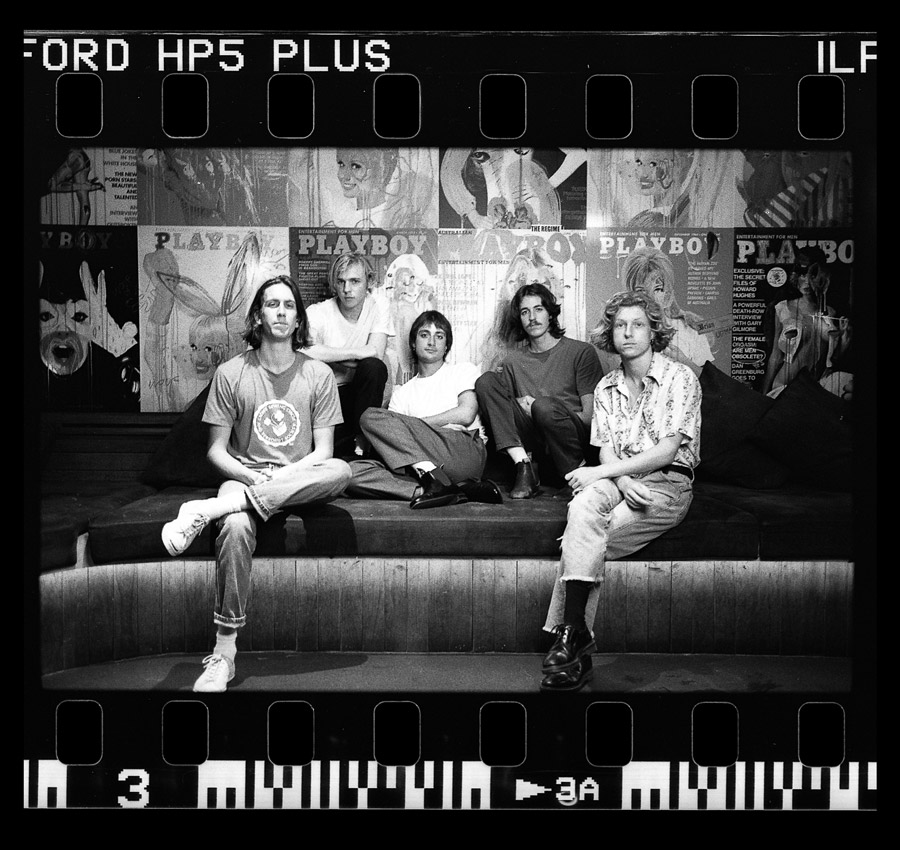
HAPPY: I guess what I was trying to ask… I hear about places like Tokyo or Europe where there’s so many people that no matter the weird shit you’re into, whether it’s art or obscure music, there’s a place for you. Did Europe feel like that place to you, and you just had to find your niche?
JULES: In a way, yeah. For our music we found a couple of bands in Paris, just a couple in Europe. It’s not huge, but there’s something.
PATRICK: Certainly in France we found more of a scene for that. But in some ways it’s a nice thing, we never got locked into a scene or sound because we had that freedom. We felt like we could do anything.
HAPPY: You feel like it helped you stand out in Berlin?
PATRICK: Yeah, maybe? There’s probably not a lot of bands doing that, for one, and I guess when you’re in a scene and you’re hanging out with people, going to shows all the time, you get stuck. In the last three years we’ve just opened up the way we think about it and we don’t have to think about any kind of music. We feel very free about it.
HAPPY: Were you exposed to much music written in German, or French, over there? I’ve always found it interesting how many European bands still write lyrics in English.
PATRICK: Yeah it is crazy coming across a band that’s huge in Germany and literally unknown outside of there.
HAPPY: Because they sing in German?
PATRICK: Yeah, even some in English though. Like Beatsteaks. It’s like, some things are just for one country.
JULES: There’s definitely an all-French scene too. Some really great music.
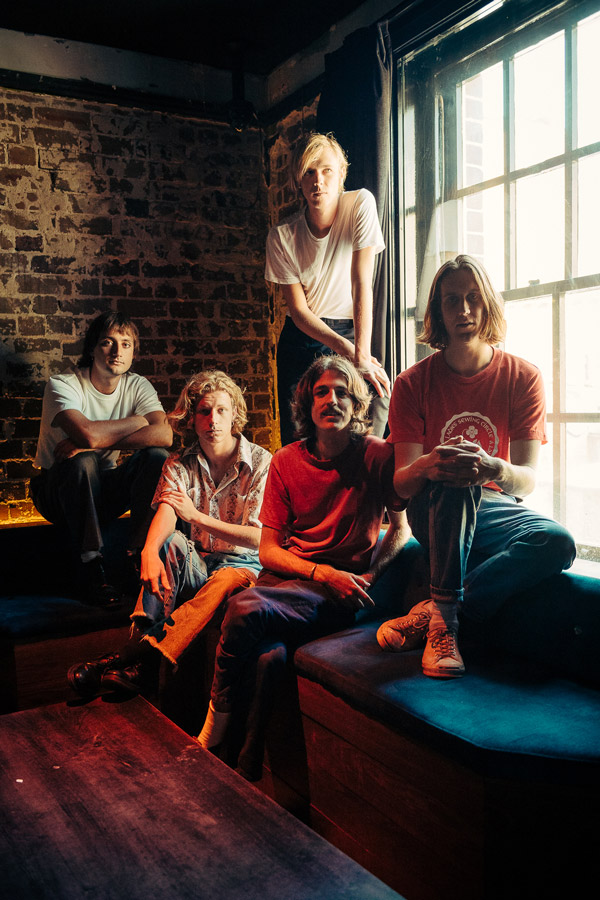
HAPPY: Well that’s why I ask – I was there years ago but I remember French rappers being very proud and unwavering about rapping in French. If you rapped in English it was like, get out of here.
LOUIE: It must be pretty hard to do in your second language!
HAPPY: Are the single word titles a German thing?
PATRICK: No, that’s a weird thing we realised when we got over there.
HAPPY: I thought I’d cracked it!
JULES: Classic!
HAPPY: Because Germans have this way of combining words into super-words.
JULES: Totally. It was weird when we got there and saw all the street names, these super long words. It would be more clever if it was that, I think.
PATRICK: A little more planned out.
JULES: That’s a good one.
HAPPY: You can take credit for that one. Now, not to be the 50th person to ask you about Daft Punk…
PATRICK: 50th?
HAPPY: Yeah, just 50th? I see everyone asking about Daft Punk, you say you go to their LA studio but then there’s nobody asking about the actual studio, what was it like?
JULES: For one, it wasn’t in LA, that’s kind of funny.
HAPPY: (Laughs) There’s an interview out there that’s wrong, then. Where was it?
JULES: In Paris. They like to be secretive, but you can find the studio online.
PATRICK: If you look at the press release it says “secret location”, but if you look at the back of the vinyl it tells you the name of the studio.
JULES: So for fans who want to find out, you can look at the record, you can look at it online, you can look at what gear is inside.
LOUIE: What other great albums were recorded there… it’s an iconic place.
JULES: It’s got a great history.
LOUIE: And they’ve also got all their personal gear in there which is really cool.
PATRICK: The lighting in there was beautiful, there’s a lot of space. It’s just awesome.
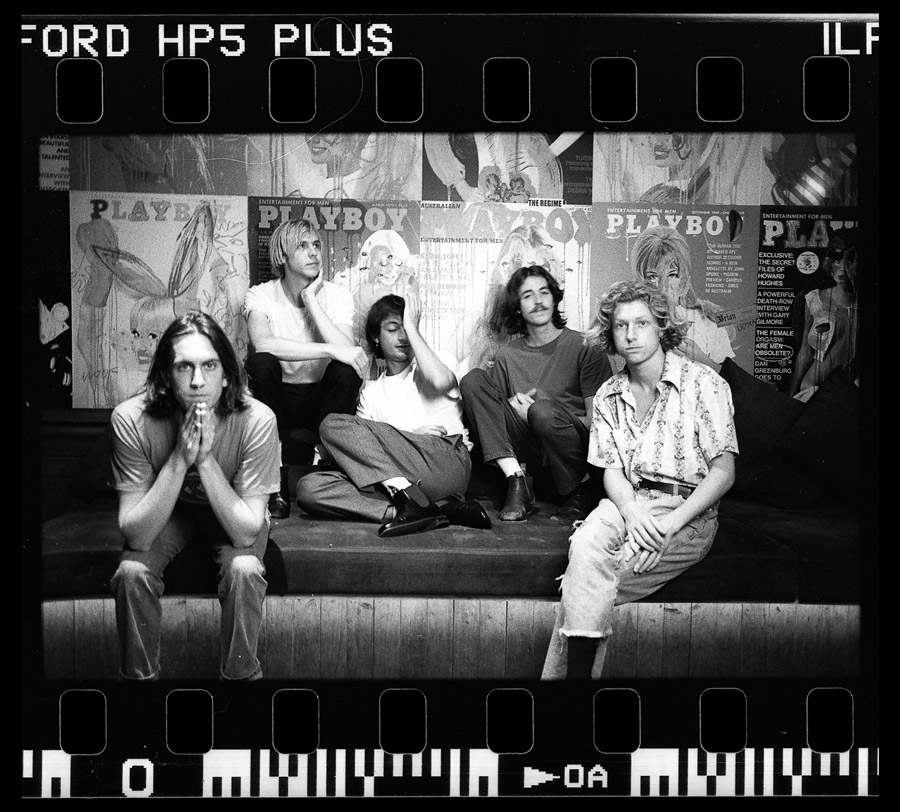
HAPPY: I’d probably believe anything you said about those two. So you’ve been touring for months, your next show is in a week then there’s Lolapalooza, Coachella, all these massive festivals… is there a holiday anywhere in the near future?
LOUIE: We are planning a holiday.
PATRICK: We just had a holiday, a little bit.
HAPPY: Take ‘em where you can.
JULES: We always plan a few weeks in the year where we can take it easy. But we work pretty hard.
HAPPY: Have you been writing on the road? Not to ask about new material only months after the album.
JULES: I haven’t, no.
PATRICK: I write a lot when I get back to Berlin. Not so much lately, I’ve been just getting over the album, just getting into the headspace of really being excited to write. It’s all coming back.
HAPPY: You could just become one of those bands who tour for five years off one album.
PATRICK: Well we’re determined not to be. We’ve made steps already, we’re not doing that. We’re going to make more music.
